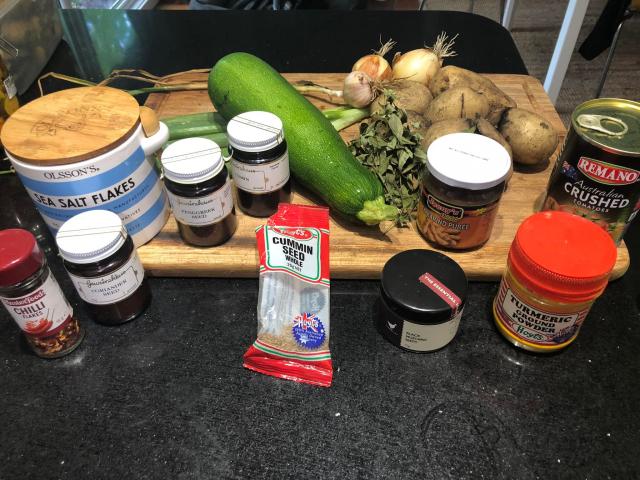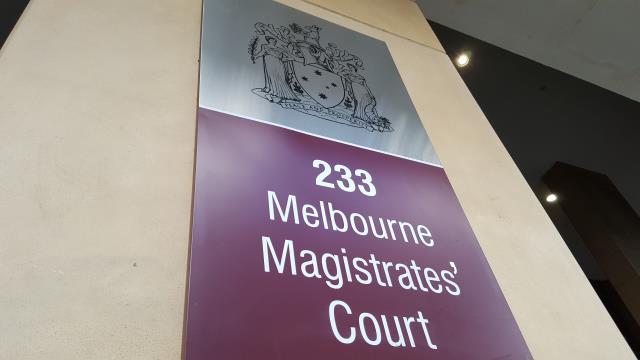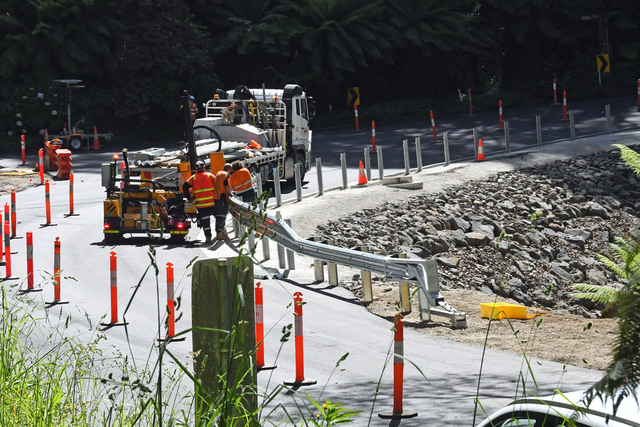Rising food prices and fuel costs are hurting Australians’ bottom line.
Compare the Market’s latest Bill Shock Survey has shown over a third of shoppers are now actively trying to cut down on supermarket spending, with 25 per cent planning cheaper meals, 15 per cent switching to home brands and 21 per cent looking harder for discounts.
Other saving methods Australians have been using include eating less meat, switching to home brands, only buying in-season fruit and vegetables and buying more frozen foods.
Compare the Market’s Chris Ford said these price hikes are making a “massive difference” to household budgets and quality of life.
“Planning for cheaper meals ahead of time is a great way to save on your grocery bill, as is utilising the discounts available and buying in-season or longer-lasting frozen goods,” Mr Ford said.
“According to the United Nations, the crisis in Ukraine alone could raise global food prices by as much as 20 per cent, and we’ve recently seen high prices for staples like vegetables across the country.”
In March, the average Victorian spent $182 on their weekly shop, an increase from $168 in September, according to Compare the Market.







